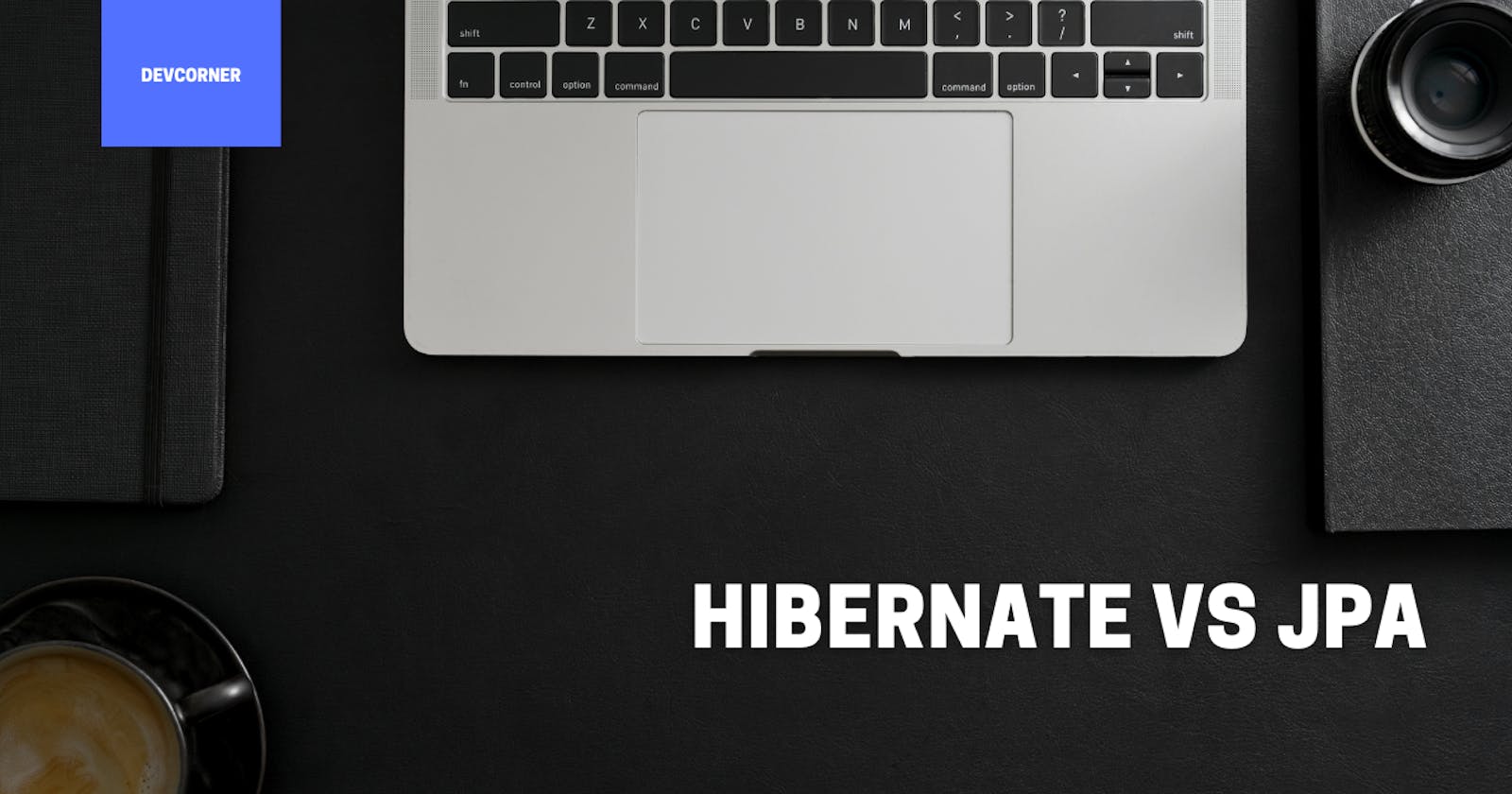Java Persistence API (JPA) and Hibernate are two popular technologies used in the Java ecosystem for object-relational mapping (ORM). While they are often used interchangeably, there are some key differences between the two that developers should understand.
JPA is a specification for ORM in Java, defined by the Java Community Process (JCP). It provides a standard set of APIs and annotations for mapping Java objects to and from a database. JPA is a part of the Java Enterprise Edition (Java EE) platform, and it is designed to be used in enterprise applications.
Hibernate is an open-source Java library that implements the JPA specification. It provides a powerful and flexible way to map Java objects to and from a database, and it is widely used in Java applications. Hibernate offers additional features beyond those provided by the JPA specification, such as support for advanced querying and fetching strategies, and the ability to generate a database schema from Java objects.
One key difference between JPA and Hibernate is that JPA is a specification, while Hibernate is a particular implementation of that specification. This means that JPA defines a set of APIs and annotations that must be implemented by any ORM solution that claims to be compliant with the JPA specification. Hibernate is one such solution, but there are others, such as EclipseLink and Apache OpenJPA.
Another difference between JPA and Hibernate is the level of abstraction they provide. JPA is a higher-level API, which means that it abstracts away many of the details of working with a database. This makes it easier to write code that is independent of the underlying database, but it also means that you have less control over the SQL queries that are generated by the ORM. Hibernate, on the other hand, provides more control over the SQL queries that are generated, but this also means that you need to be more familiar with SQL and the database you are using.
In conclusion, JPA and Hibernate are two popular technologies used in the Java ecosystem for ORM. JPA is a specification that defines a standard set of APIs and annotations for mapping Java objects to and from a database, while Hibernate is a popular implementation of that specification that provides additional features and functionality. Developers should choose between JPA and Hibernate based on the level of abstraction and control they need over the ORM process.
This article was originally posted on devcorner.blog

